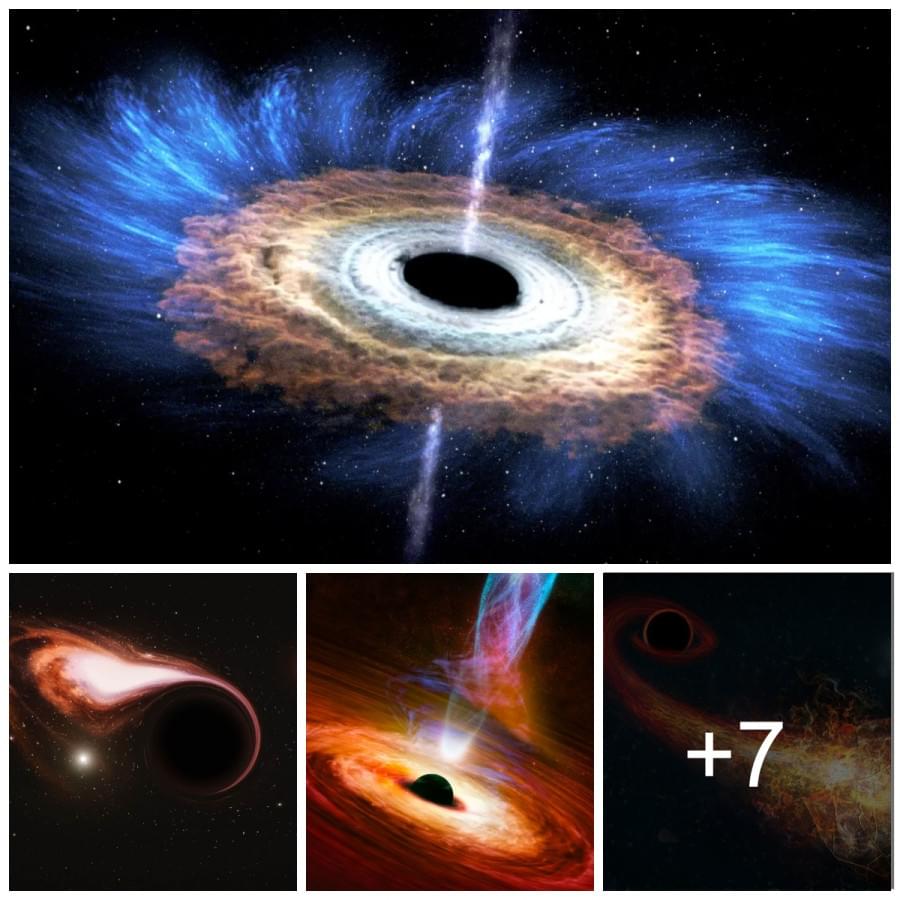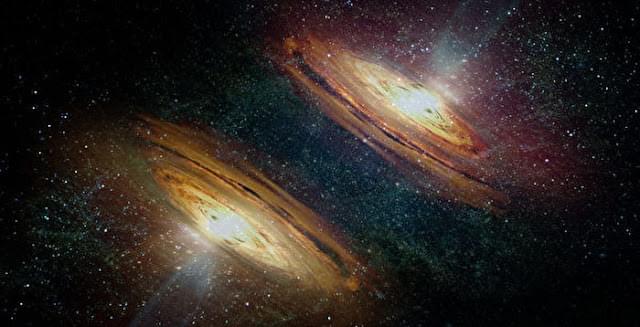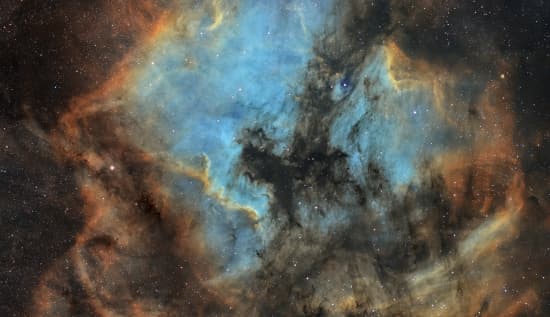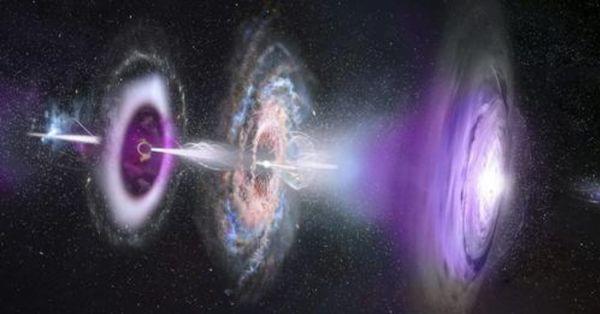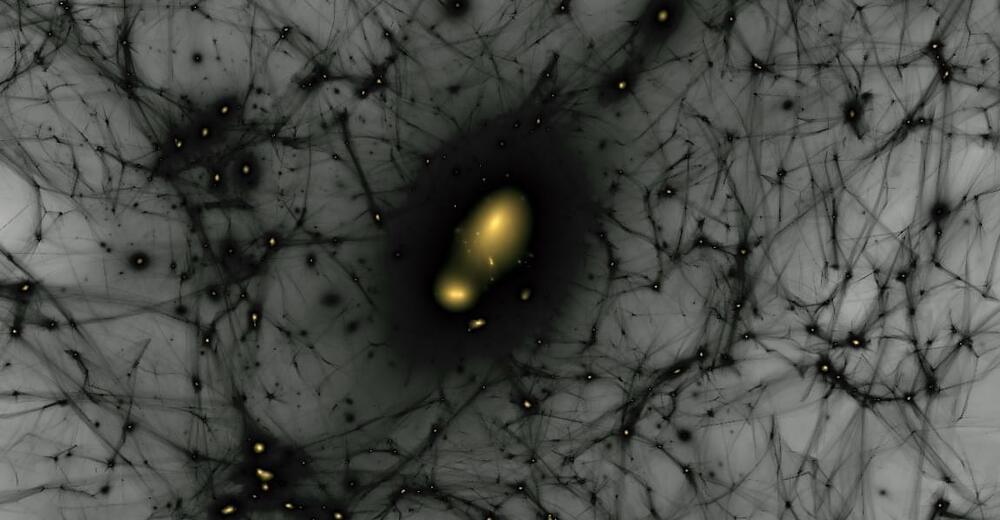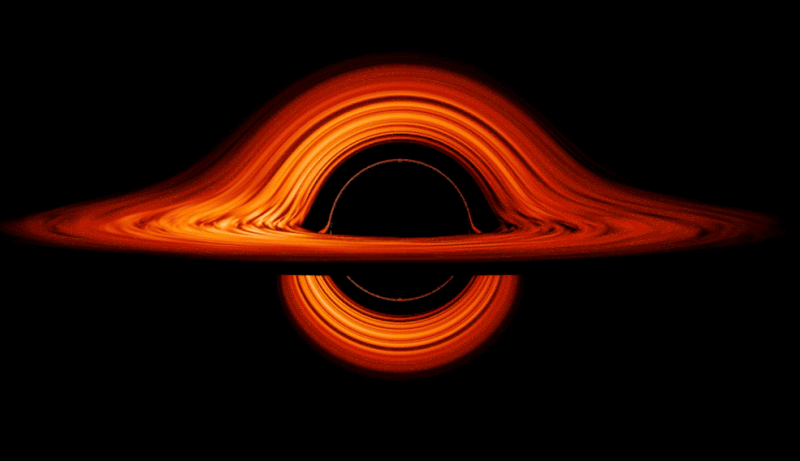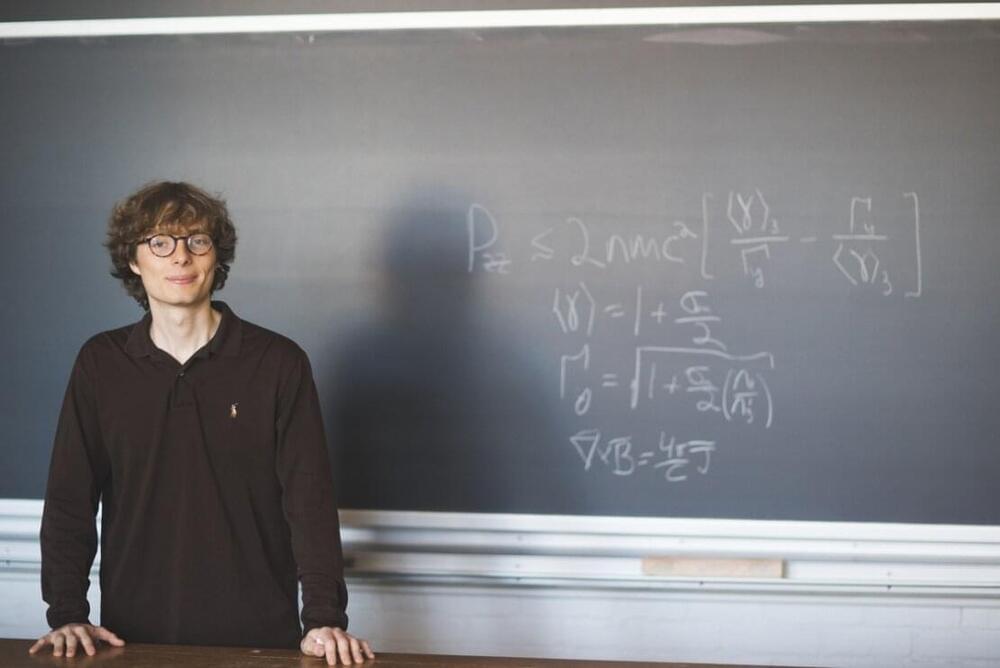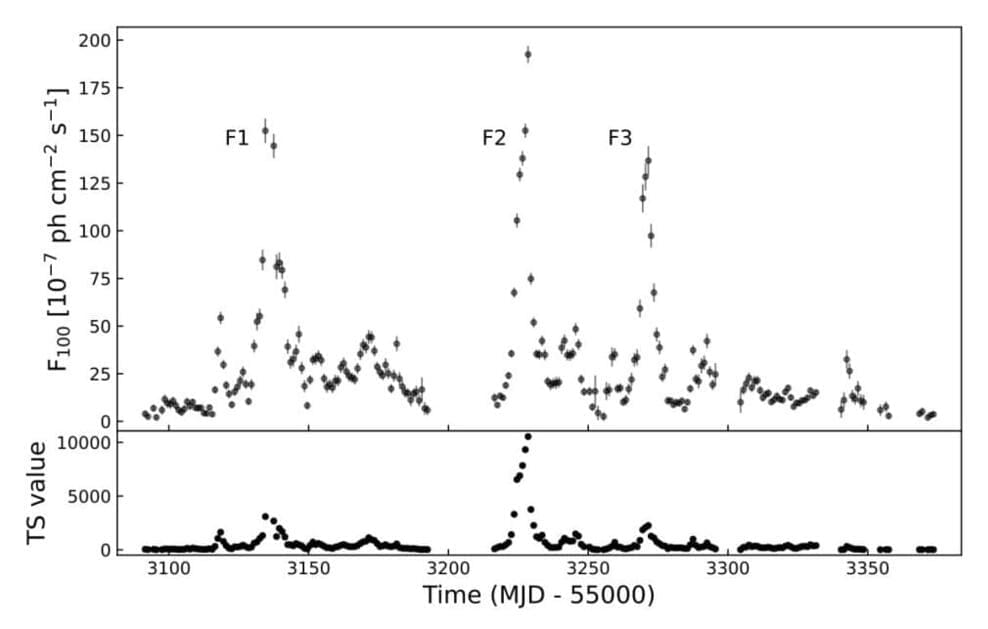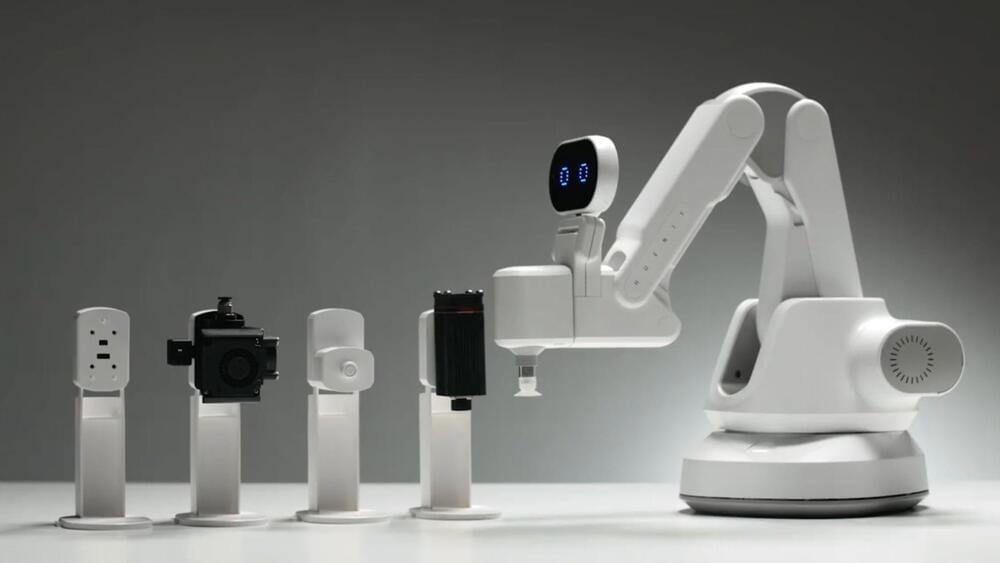Black holes are areas of space-time where gravity rules supreme: A black hole’s gravitational pull is so strong that nothing, not even light, can escape. They range in size from stellar-mass black holes, whose masses can range from five to 100 times that of the Sun, to supermassive black holes, whose masses can exceed a billion solar masses. Astronomers now believe that supermassive black holes exist at the center of most galaxies. (A notable exception to this rule is M33, which appears to lack a central supermassive black hole despite being the third largest member of our Local Group.)
